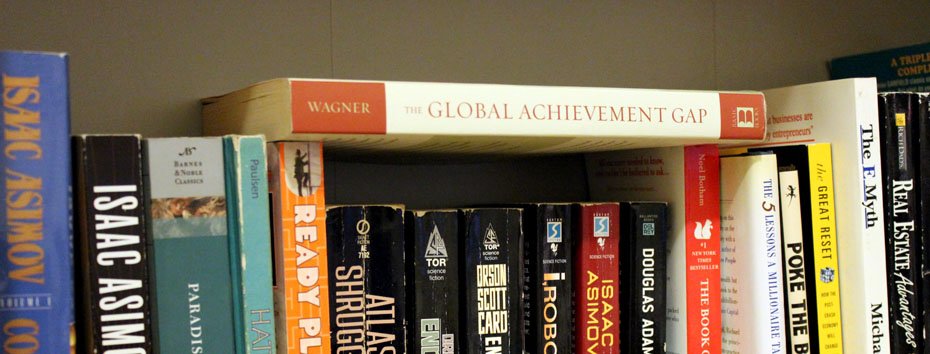“Did you remember to take your vitamins yesterday?” “Ooh, no, I forgot again. My bad…”
At times, it seems that we just can’t remember things. We have trouble starting a new habit, or remembering to do a one-off task. Our lives get so busy that it’s often hard to keep everything in our heads. The good news is, you can remember things without having to repeat it to yourself over and over. Take out the trash tonight. Take out the trash tonight. Take out the trash tonight. <Next Morning> Dangit, I forgot to take out the trash!!
Instead of mental gymnastics, it’s generally more effective to immediately make some kind of reminder. That way, your brain is freed up to focus on other tasks in the meantime, and if you do it right, you’ll get your reminder later.
Leveraging Organization To Remember Things
Huh? You mean I should be more organized? Ideally, yes, and here’s why: when you are organized, you know where everything is supposed to be. And you’ll notice when something has been misplaced.
Then, when you want to remember something, you simply make a quick mental association and intentionally misplace something where you will notice the change. For example, leave the pantry open until you’ve taken your vitamins in the morning. Then your thought process will be: “Why is the pantry door ope– oh, vitamins. Right.” Congratulations, you remembered something! That was easy!
Even if you aren’t able to keep everything organized, at least know where most things should be. Why is that book turned sideways on the shelf? Oh yeah, I need to return it to Zack. Why would I put my shoes over here? To clean them, right. You get the idea.
Disrupt Your Future Self
To extend the concept of intentionally misplacing things, you can disrupt your future self. You are you, and that means no one is better than you at knowing what will annoy you or catch your attention. So take advantage of that knowledge by planting reminders that you know you won’t miss. For example, let’s say you just got a bill in the mail that you have to pay today but you’re late for a meeting right now. Don’t put the bill on the table that’s covered with other papers and magazines. Put it on top of your computer keyboard. After your meeting, you won’t be able to do any other work until you’ve dealt with the bill on your keyboard. Simple, right?
You can also set a reminder on your phone. Even older clamshell devices have the ability to add alarms and reminders. Use this feature to plant a future disruption for yourself. If you can’t do the task now, set the reminder for when you will be able to. It’s like asking a friend to wake you up in 45 minutes, except this time, your friend is your phone.
Remember Things Away From Home
The ideas above are great when you have control over your environment. But what about when you are traveling? How do you plant reminders for yourself? There are two similar ways that I know of.
First, you can create a mental association with something. You simply decide on what the reminder trigger will be, and consciously tell your brain the association. For example, let’s say you’re on a plane and you know you need to call a friend to wish them happy birthday when you land. Your phone is off while on the plane, so you can’t set a reminder. So you tell yourself, “When I see the Baggage Claim sign, that will remind me to call Tracey.” You’ve just created a trigger. Your brain will take care of the rest.
Another alternative is to use the organization concept to misplace something on your person. For instance, you could switch your phone from your left pocket to your right. Now when you go to turn your phone back on, it will remind you to call Tracey. “Why would I put my phone– I remember.”
Regular Tasks Become Habits
Many of the examples above relate to individual tasks. But you can use the same concepts to help you jump-start a new habit. For the first few times you do it, the reminder you’ve planted will be what helps you remember. But before long, your brain will just add that task to the routine without you having to worry about it.
Either way, hopefully these association and disruption tricks will help you remember things more effectively.
What do you do to remember things? Add your ideas in the comments below!






There is no other place where the maxim “use it or lose it” is more true than remembering things.
It have been proven that people with average can do better in certain tasks that require optimum memory than those with above average memory if the former practice more.
So, if you want to improve your memory, practice, practice, practice.
I have my husband remember everything for me :)